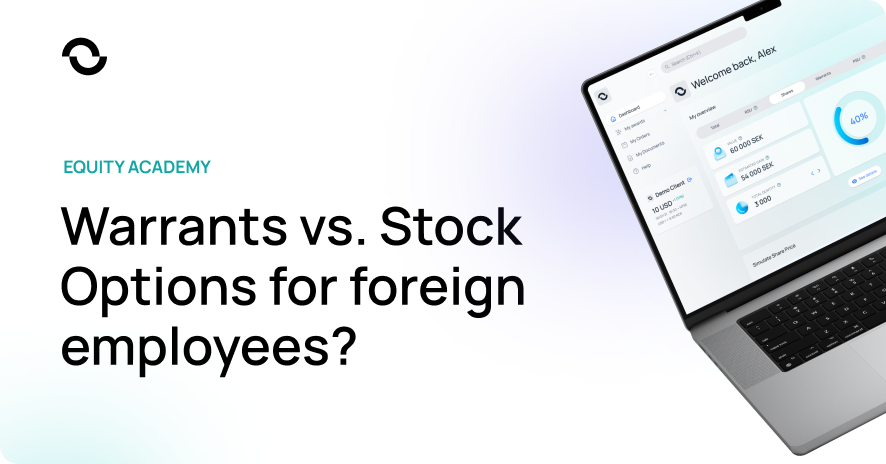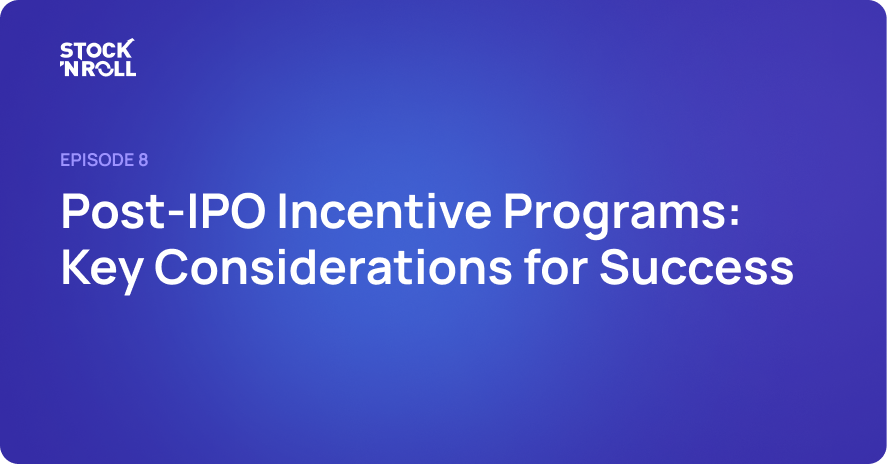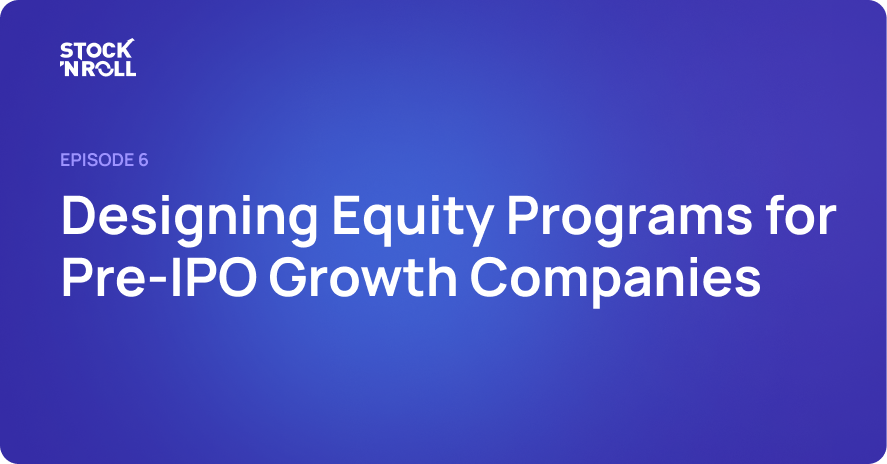Written by Chakib Youcefi
We still see that many companies choose to introduce a warrants program with the same terms for all employees, regardless of which country they are employed in. The challenge with this is that tax regulations differ significantly between countries and that an instrument can be handled differently in different countries - which is the case with warrants.
To understand this, you must understand what a warrant s, and why it (according to PwC's latest study) is the overwhelmingly most common instrument used in incentive programs in Swedish companies.
What is an Option?
An ordinary stock option (employee stock option) is an agreement that stipulates that the holder has the right to subscribe for a share at a predetermined price (exercise price) at a specific point in the future (exercise time). This means that if the share price is higher than the exercise price at the time of exercise, the difference equals the holders profit. Warrants work the same way, but with the important detail that you pay for the option. This can be compared to how a lottery works and where a warrant can be compared to paying for the ticket that gives you the opportunity to win, while you do not have to pay for your ticket with an employee stock option.
How does it work for Swedish participants?
The fact that you pay for the warrant is what make warrants in Sweden considered a security, which means that the company does not pay any employer's contribution (31.42% in 2022), and the participant pays capital gains tax on the profit (about 30% in 2022). An employee stock option is considered a benefit and is therefore subject to payroll tax (about 50% in 2022), and requires the employer to pay employer's contributions. It is this advantage that make warrants so popular that they account for almost half of all instruments awarded in Swedish equity-related incentive programs.
How does it work for foreign participants?
The above-described tax difference between a warrant and an employee stock option applies only in Sweden. Almost all other countries treat these instruments equally, which means that despite paying for the stock option, you will still be subject to payroll tax on the profit, and the employer must pay employer's contributions. This means that an employee in, for example, Norway pays as much as an employee in Sweden for their warrant, but will be subject to significantly higher taxation on any profits.
Other things to consider
Warrants for foreign participants create an additional challenge. As mentioned, these are securities and are issued (employee stock options are in practice just an agreement on paper until you convert it to a share) at allocation and are usually transferred to the participant's private stock account. However, warrants are a relatively rare instrument in other parts of the world, which often makes it difficult to find banks and share depository accounts in other countries that are willing to hold the warrants.
What should I do?
So, back to the original question; How do you then handle employees in other countries? A common solution that we often help our customers with is to grant warrants to Swedish participants, and grant employee stock options to foreign participants, which then avoids being "punished twice" with both income tax and having to buy the option. It should be noted that if it is critical that all participants must be exposed to a possible decrease in stock value, investment is required and thus this setup becomes less interesting. However, companies can of course not change tax rules in different countries, and therefore it is almost impossible to create exactly equivalent programs in different countries, and completely impossible to do so without significantly increasing the administrative burden. Therefore, this is considered a reasonable compromise where Swedish participants pay capital gains tax, and foreign participants pay income tax.
Contact us to learn more or for information on how your company can benefit from stock incentive programs!




